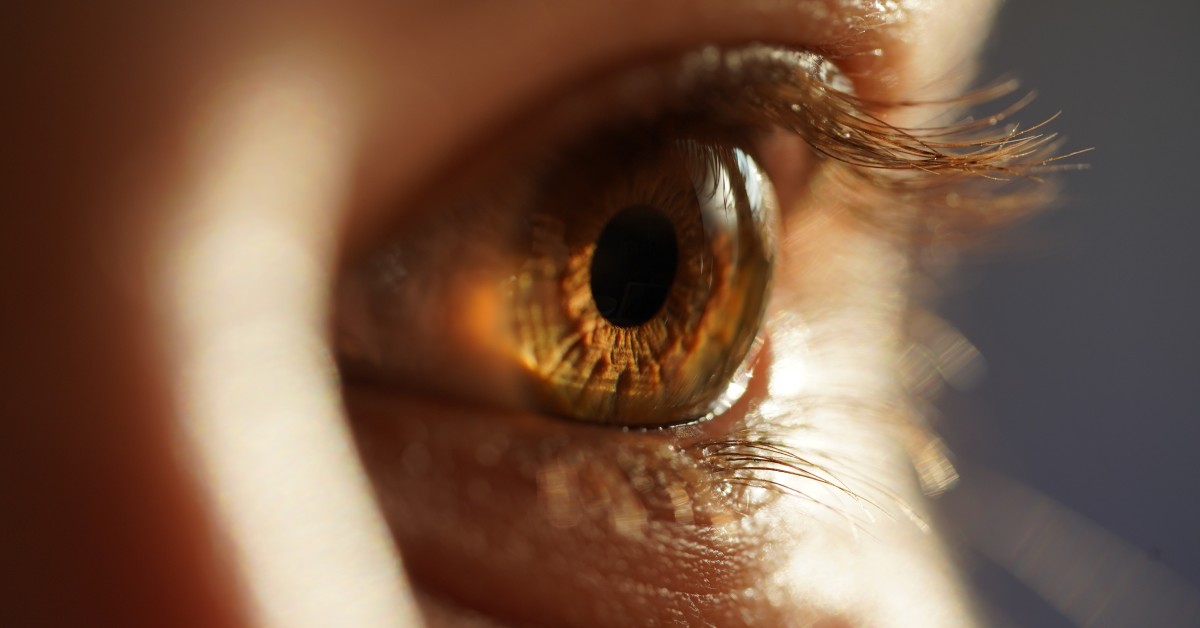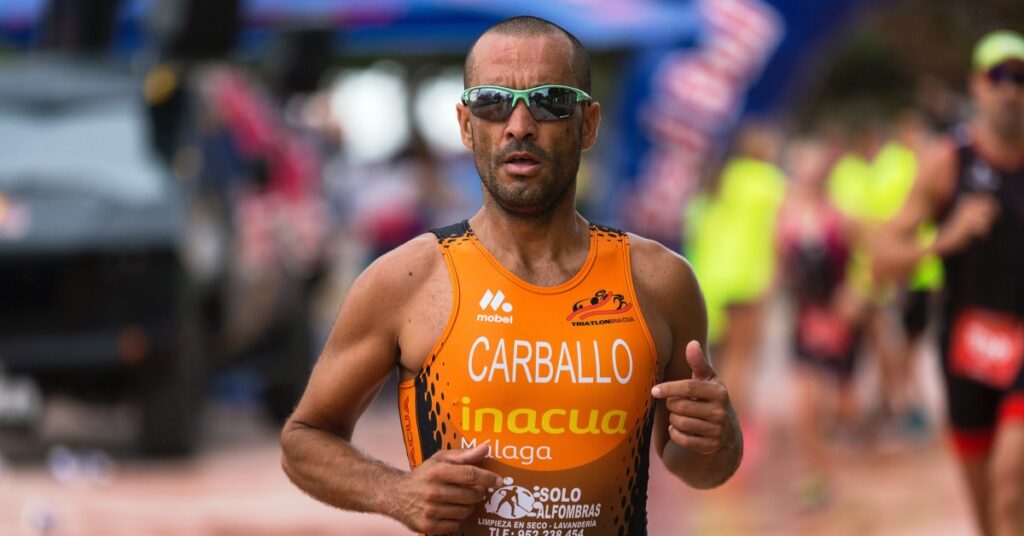
Why Become an Ocular Disease Optometrist
Ocular disease optometrists specialize in the early detection, diagnosis, and [...]

Modern-day athletes seek every opportunity for a competitive edge. They undergo intensive conditioning and practice relentlessly. More and more, they are also looking to optometry to gain an advantage. That’s when they visit specialists in the field called sports vision optometrists.
Sports vision optometrists help athletes improve their visual performance in ways that can translate to better athletic performance. Think of them as enhanced traditional optometrists. They prescribe eyeglasses and contact lenses and treat vision problems, as do all optometrists. But they also look beyond general eye health in their work with athletes of all ages. They can write sport-specific prescriptions, treat eye injuries, and help clients improve their visual abilities.
Becoming a sports vision optometrist takes years of schooling—you need a doctoral degree—and specialized training. Optometrists can pursue formal training or self-study to take their practice to the next level.
This article on why become a sports vision optometrist? offers a detailed perspective on this career, including:
According to the University of California – Berkeley Sports Vision Clinic, optometrists help athletes adjust to different lights, improve their vision efficiency, and even help them work through concussions. They also write athletics-specific prescriptions.
Individual skills sports vision professionals can target for improvement include:
There is no special certification for sports vision optometrists, although numerous online training modules are available. Traditional optometrists can practice sports vision; for example, an optometrist could outfit a little leaguer with shatter-proof eyewear to protect their eyes on the field.
Sports vision optometrists typically start treatment by conducting a Sports & Performance Vision (SPV) exam (often on specialized computers). This exam can identify potential areas of improvement. Optometrists can use the Brain Injury Electronic Resource Manual (BIERM) to diagnose brain injuries based on eye movement issues. They work with both high-performance athletes and amateurs.
After the initial evaluation, sports vision optometrists develop a training plan. Plans can involve specialized equipment such as Senaptec Sensory Station, which trains areas like hand-eye coordination and reaction time.
If you love optometry and sports, this is a way to indulge both your passions in a professional setting. For those who work with professional athletes, this practice can be very lucrative.
All optometrists, regardless of specialization, must earn a Doctor of Optometry (OD). Be sure it’s accredited by the Association of Schools and Colleges of Optometry (ASCO)—otherwise, you may not be eligible to sit for licensure exams.
Most OD programs span four years unless you take a combined graduate and undergraduate pathway (known as a 3+4 program). These accelerated options knock a year off your timeline.
Optometry programs don’t specify an undergraduate major, but most applicants major in science and/or mathematics, both essential skills in optometry. OD programs do usually require undergraduate coursework in calculus, anatomy, physiology, organic chemistry, biology, microbiology, statistics, and psychology, so applicants with liberal arts backgrounds may be required to complete bridge courses before commencing graduate study.
Several optometry schools require applicants to shadow a practicing optometrist. Optometry Admission Test (OAT) scores are also a must at most schools (although some, like Indiana University, have switched to a test-optional policy).
Students also submit traditional graduate school application requirements, including a personal essay, letters of recommendation, resume, and undergraduate transcripts (the ASCO says the average applicant has a 3.36 GPA).
All optometry doctoral programs focus on ocular disease, patient care and communication, pharmacology, optics, clinical decision-making, and vision science. Students also work with licensed optometrists during clinical rotations to build their skillsets and potentially develop a practice focus. Many programs offer concentrations, including low-vision rehabilitation and pediatric optometry.
After graduation, you can complete a residency, requiring an additional year of study. The American Optometric Association (AOA) says around a quarter of optometrists specialize with a residency or fellowship. Common pathways include pediatrics, primary care, cornea and contact lenses, ocular disease, and vision rehabilitation.
Sports vision training is not a common specialization, but a few formal training options exist. The University of the Incarnate Word offers a one-year sports vision training fellowship in collaboration with the U.S. Air Force. According to the school website, fellows complete training in developmental optometry, sports vision, and neuro-optometric vision therapy. Though the optometry school is accredited, this fellowship is not.
In an Eyes on Eyecare article, optometrist Allison Toler offers resources for optometrists looking to pursue sports vision training without the structure of a residency. Toler herself used many of them to self-study this specialty. Resources include articles from the Optometric Management Insights into Sports Vision newsletter, International Sports Vision Association (ISVA) conferences, Performance Vision Academy training, Sanet Vision Seminar Series Education Module, lectures from DIGIVision Media, and social media. As she studied, Toler networked with current professionals.
Finally, Toler earned certification in vision development, therapy, and rehabilitation from College of Optometrists in Vision Development (COVD). The organization also offers a visual skills fellowship.
Optometry licensure requirements include National Board of Examiners in Optometry (NEBO) examinations. Applicants typically take the NEBO parts i-iii and the Treatment and Management of Ocular Disease (TMOD) exams; requirements vary by state. Then, they complete any additional state requirements, including written or oral examinations.
According to the U.S. Bureau of Labor Statistics (BLS), optometrists (as a group) earned a median income of $124,300 in 2021. The top ten percent of professionals earned close to $192,000. Optometrists who work in offices of physicians or personal care stores garner the highest median wages.
There’s no current official data on how much sports vision optometrists earn—those with a private practice can set their rates (though they must work alongside insurance companies). Sports vision optometrists who work with the latest equipment to help NFL or MLB stars almost certainly charge far more than a traditional optometrist who spends their days prescribing glasses and contact lenses.
It’s not currently possible to earn a Doctor of Optometry online. However, the New England College of Optometry (NECO) is launching a hybrid OD program in the fall of 2023. Students in the new program will complete classroom work online and undertake clinical rotations at a local facility near their house. It will be the first program of its kind.
Questions or feedback? Email editor@noodle.com

Ocular disease optometrists specialize in the early detection, diagnosis, and [...]

Neuro-optometrists use neurology and optometry to understand vision and its [...]
Categorized as: Optometry, Nursing & Healthcare